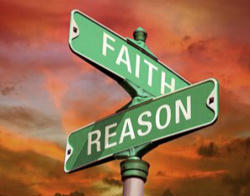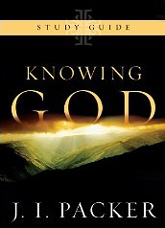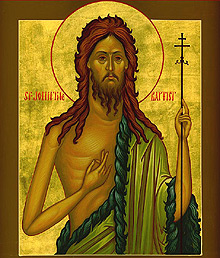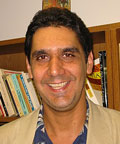
by Fr. Gregory Gresko –
In listening attentively to the Word of God, we come to realize authentic communion with our Lord and are perfected slowly but surely in love of His Will through the transforming power of the Holy Spirit, who is able to safeguard us from despairing or presuming. “If you remain in me and my words remain in you, ask for whatever you want and it will be done for you” (Jn 15.7).
As we continue celebrating the Resurrection of our Lord Jesus Christ during this joyous Easter season, the Gospel passage from Wednesday’s liturgy called us to pause reflectively upon the image of Jesus as the true Vine and His people as the branches. Jesus teaches us: “I am the true vine, and my Father is the vine grower. He takes away every branch in me that does not bear fruit, and everyone that does he prunes so that it bears more fruit . Remain in me, as I remain in you. Just as a branch cannot bear fruit on its own unless it remains on the vine, so neither can you unless you remain in me” (Jn 15.1-5). [Read more…]



 by Fr. Daniel Daly –
by Fr. Daniel Daly –

